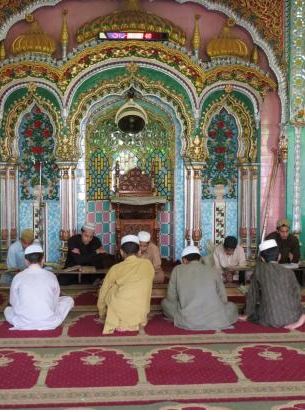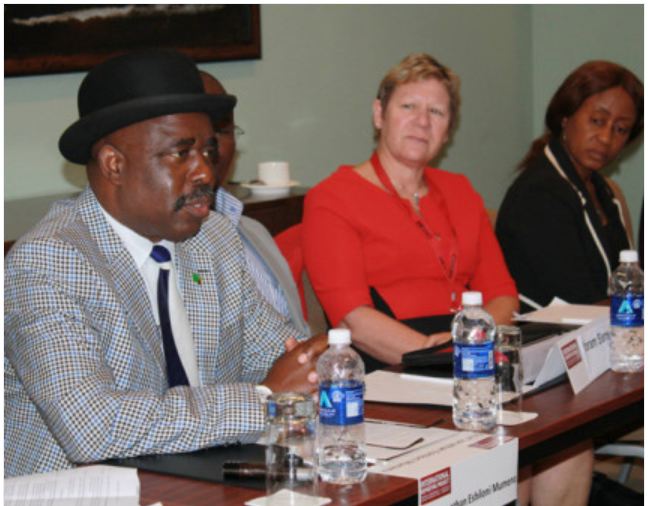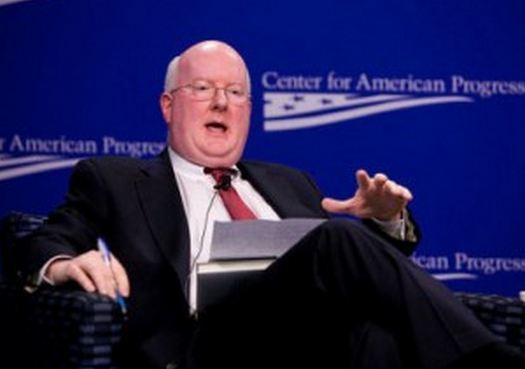While it’s not gotten much play in the States yet, the Canadian press has been active in its coverage of the Parti Quebecois government’s plan to amend the Quebec Charter of Rights and Freedoms to ban government workers from wearing religious signs and symbols like crosses, yarmulkes, hijabs, niqabs, burkas and turbans at work. Public school teachers, as well as government daycare workers and healthcare workers would all be affected.
Since word of the ban was first reported by Le Journal de Montreal and QMI Agency on August 20, the proposed “Charter of Quebec Values” has been roundly criticized, drawing comparisons to Putin’s Russia and to the Tea Party in the U.S. In a twist, one woman, a daycare worker who is Muslim and an Egyptian immigrant, compared the proposed ban to deposed Egyptian president Mohamed Morsi’s attempt to impose Islamic law in that country.
Canada can, of course, look to France, which passed its own “anti-burka” law in 2011 under Nicolas Sarkozy. Supporters claimed the measure preserved France’s motto of “liberte, egalite, fraternite,” while critics have condemned it as Islamophobic. Enforcement continues to spark protest — sometimes violent protest — as was the case last month in Trappes.
Likewise, proponents of the Charter of Quebec Values regard the measure as enshrining Quebec’s secular culture, while detractors, including federal Liberal leader Justin Trudeau, view it as fear-based and anti-immigrant and a cynical step in the PQ’s pursuit of Quebec sovereignty. Separatist Quebeckers can also turn to France for support on that point too — French president Francois Hollande reinstated his nation’s support for Quebec sovereignty last year. (Interestingly, Hollande has quietly maintained his predecessor’s controversial position on burka ban, while reversing Sarkozy’s stand on Quebec’s sovereignty).
Still, the proposed law is sure to face an uphill battle that will likely include a court challenge from the Canadian Civil Liberties Association.
Earlier this year, the Quebec Soccer Federation was forced to reverse its controversial policy barring Sikh turbans from the soccer field for “safety reasons” after it found itself suspended by the Canadian Soccer Federation for non-compliance with FIFA rules. Nevertheless, PQ Premier Pauline Marois has indicated that she intends to move ahead with the Charter of Quebec Values, just as she supported the ill-fated soccer turban ban.










